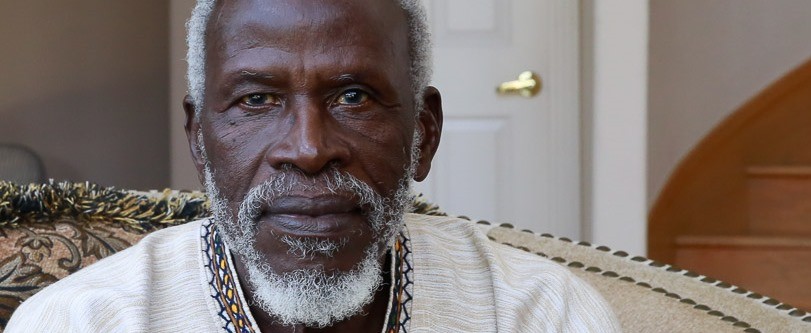Professor Taban Lo Liyong of the University of Juba says his suspension from teaching position without pay by the vice chancellor has no convincing reasons.
Lo Liyong, a prominent South Sudanese scholar, had been suspended by the university’s administration until the investigation into him was complete for writing a rare opinion article critical of the current 32 states and land grabbing.
The suspension of Professor Lo Liyong last month was widely criticized by social media users.
Speaking to Radio Tamazuj today, Professor Lo Liyong wondered how he could be accused of inciting ethnic hatred after commenting on national issues affecting the country.
The South Sudanese intellectual stated that he has come to terms with his suspension from the university but he doesn’t agree with the decision.
Lo Liyong underscored that he did 'nothing wrong' to earn a suspension from teaching without pay by the university’s management.
“I can confirm that I received the suspension letter. I don’t know why they suspended me, because I did nothing wrong which would let them to suspend me apart from discussing national issues,” he said.
Lo Liyong says he is still waiting for the investigation committee to be set up by the university’s vice chancellor, professor John Akec.
For his part, Professor John Akec said Professor Lo Liyong’s opinion article amounted to “incitement of ethnic hatred” and is “bringing the name of the university into disrepute”.
“For somebody who is a professor at the university who is supposed to be a teacher for us, it looks like he is compromising his position as a neutral person. In the opinion article, Professor Lo Liyong appeared like someone who belongs to a certain category, so those are the reasons for his suspension,” Akec explained.
He further said a disciplinary committee will carry out investigations into the issue to decide on the way forward. “The committee will investigate the matter and if it finds out that the article doesn’t contradict with the values of the university, then it is the decision of the committee, and he may be acquitted,” he concluded.
Professor Lo Liyong is not the first South Sudanese academic to be suspended.
In October 2015, Dr. Luka Biong, the former Director of the Center for Peace Studies at the University of Juba, was suspended after organizing a symposium on the controversial creation of new states.
The same year, the late Dr. Leonzio Onek, former Dean of the College of Applied and Industrial Sciences at the University of Juba, was arrested by National Security agents. He was accused of supporting rebels and held in solitary confinement but freed five months later without charges.




